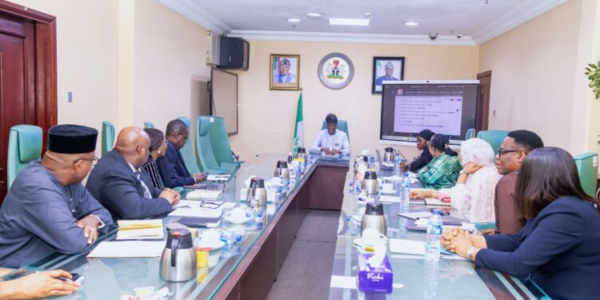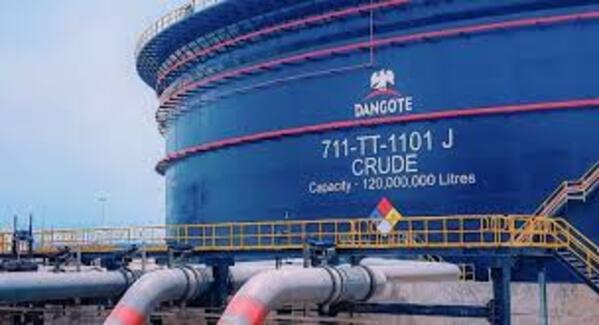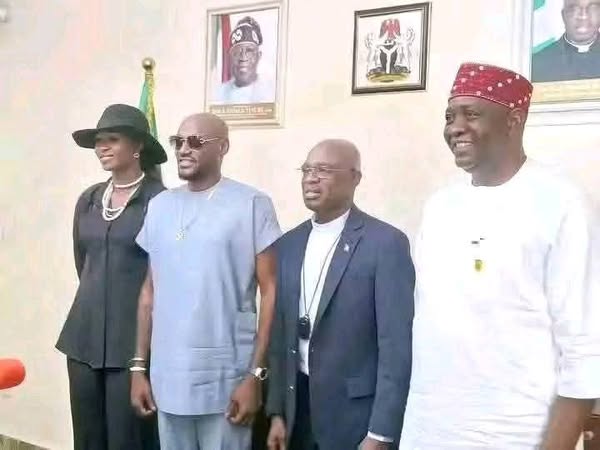
The Federal Government of Nigeria has firmly reiterated its commitment to the policy mandating the sale of crude oil and refined petroleum products in Naira within the country. In an official statement released on Wednesday, April 9th, through the Federal Ministry of Finance’s X (formerly Twitter) handle, the government clarified that this initiative is a long-term national policy designed to strengthen Nigeria’s economic sovereignty and reduce the domestic petroleum sector’s dependence on foreign exchange.
The Ministry emphasized that the directive, which received approval from the Federal Executive Council (FEC), is not a temporary measure but a strategic and enduring economic policy. The core objective is to conduct all transactions involving crude oil and refined petroleum products within Nigeria using the local currency, the Naira.
The government believes this policy will significantly boost local refining capacity by encouraging investment in refining infrastructure. Furthermore, it aims to ease the persistent pressure on the foreign exchange market by curbing the demand for US dollars in domestic oil trade.
“The Crude and Refined Product Sales in Naira initiative is not a temporary or time-bound intervention, but a key policy directive designed to support sustainable local refining, bolster energy security, and reduce reliance on foreign exchange in the domestic petroleum market,” the Ministry’s statement read.
Acknowledging potential implementation challenges, the Ministry assured the public that ongoing efforts and collaborations among relevant stakeholders are in place to address these issues and ensure the smooth execution of the policy.
In a demonstration of this commitment, top government officials and key industry players convened on Tuesday, April 8th, to review the progress of the initiative and tackle any emerging obstacles. Attendees at the meeting included the Minister of Finance and Chairman of the Implementation Committee, Wale Edun; Chairman of the Technical Sub-Committee and Chairman of the Federal Inland Revenue Service (FIRS), Zacch Adedeji; Chief Financial Officer of the Nigerian National Petroleum Company Limited (NNPCL), Dapo Segun; and the Coordinator of NNPC Refineries.
Representatives from other crucial organizations such as NNPC Trading, Dangote Petroleum Refinery and Petrochemicals, the Nigerian Upstream Petroleum Regulatory Commission (NUPRC), the Nigerian Midstream and Downstream Petroleum Regulatory Authority (NMDPRA), the Central Bank of Nigeria (CBN), the Nigerian Ports Authority (NPA), Afreximbank, and Committee Secretary Hauwa Ibrahim were also present.
The Ministry concluded by underscoring the collective dedication of all stakeholders to the success of this initiative, describing it as vital for Nigeria’s energy future and overall economic well-being.







